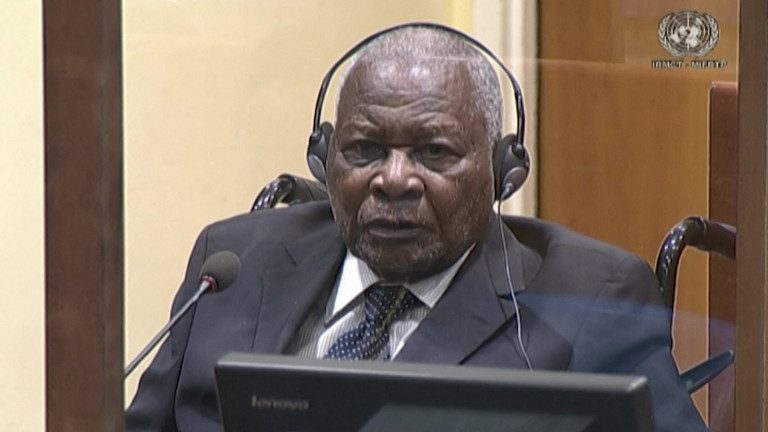Africa
Rwandan genocide survivors are disappointed with the verdict of the UN court

The decision by the International Residual Mechanism for Criminal Tribunals (IRMCT) to halt the war crimes trial of Felicien Kabuga, an 88-year-old war crimes suspect implicated in the Rwandan genocide, has caused disappointment and outrage among Rwandan genocide survivors. Kabuga was accused of having a role in the massacre that resulted in the deaths of over 800,000 minority Tutsis and moderate Hutus during a 100-day period.
The court ordered Kabuga’s trial to be indefinitely suspended after it was revealed that he has dementia. This decision was met with criticism from a group of genocide survivors who believed that the trial should continue even if Kabuga’s health prevented his presence.
Naphtali Ahishakiye, the executive secretary of the association representing genocide survivors, expressed strong anger and disappointment with the decision, considering it an insult to the deep trauma that survivors have endured. The survivors argued that Kabuga was a key financier and organizer of the genocide and that the court should have continued proceedings despite his absence.
Kabuga had evaded prosecution for nearly three decades before being arrested in France in May 2020. He was accused of encouraging mass murders through his broadcaster, Radio Television Libre des Milles Collines (RTLM). He had been in court since the end of 2020, and his trial was postponed in March for health examinations.
Although an alternative trial process was considered to allow evidence to be heard without the possibility of a conviction due to Kabuga’s health, the proposal was rejected by the appeal court judges. The IRMCT Chief Prosecutor urged respect for the decision, despite its unsatisfactory outcome.
The discontent and disillusionment among the survivors following the resolution of Kabuga’s case has led to discussions about potentially severing connections with the criminal court, reflecting the deep emotional impact of this decision on the survivors of the Rwandan genocide.
